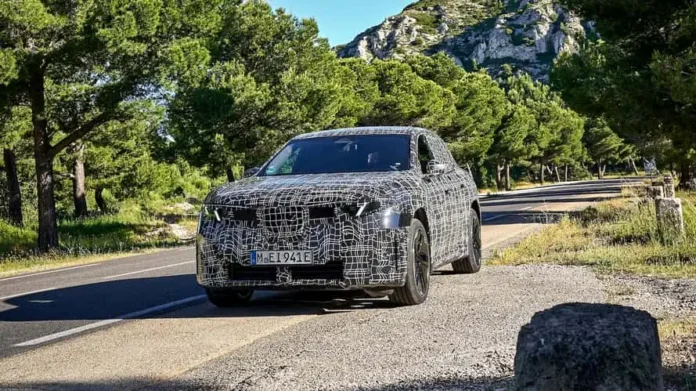The Environmental Impact of Electric Vehicles
Scientists have decisively concluded that electric vehicles (EVs) are better for the environment compared to combustion engine cars. In cities with high adoption rates of EVs, air pollution has considerably decreased. Yet, the debate about their emissions continues, sometimes fueled by comments from influential automotive leaders.

Understanding the Emissions Debate
Recently, Toyota Chairman Akio Toyoda sparked controversy by claiming that nine million electric vehicles have the same emissions impact as 27 million hybrids. He argues that the manufacturing and charging processes, particularly in Japan, contribute to the carbon footprint of electric vehicles. This has led many media outlets to frame his comments as a challenge against the credibility of EVs.
The True Cost of EVs versus Hybrids
Critics often argue that electric vehicles, due to the emissions from battery production, have a larger initial carbon footprint. Research indicates that EVs can emit 11 to 14 metric tons of CO2 during manufacturing compared to six to nine for gas and hybrid vehicles. However, once on the road, EVs begin to offset their carbon debt, with studies suggesting that they can achieve a net reduction in emissions after driving 19,500 to 28,000 miles. This relatively short timeframe demonstrates that over their lifespan, electric vehicles are indeed the cleaner choice.
Ultimately, understanding the emissions trajectory of electric vehicles versus hybrids reveals that while EVs may have a higher upfront carbon debt, they significantly pay it off over time, making them a more sustainable option for drivers committed to reducing their environmental impact.




